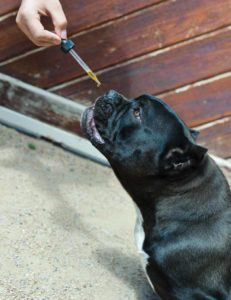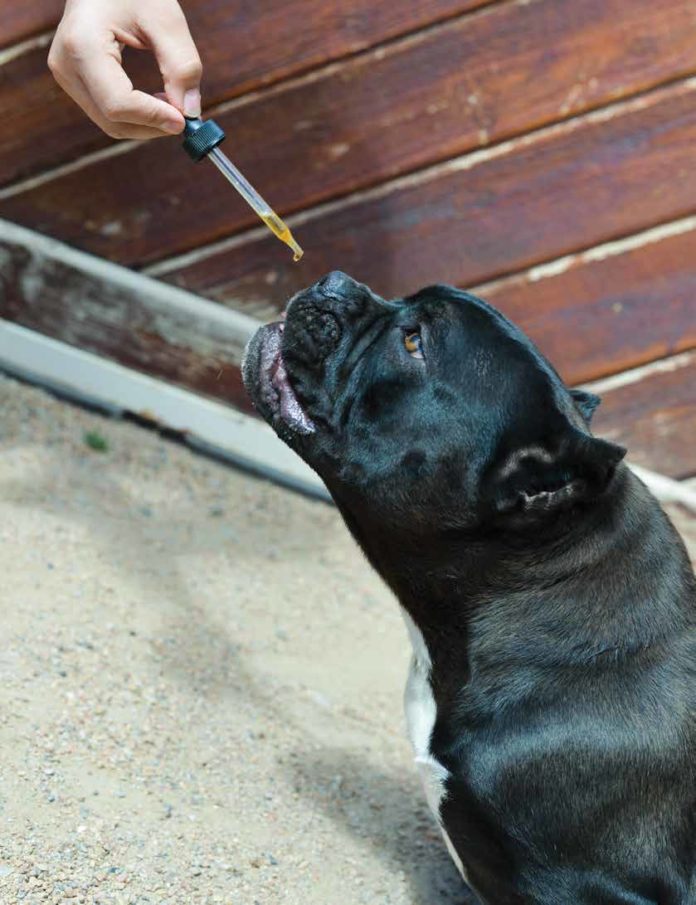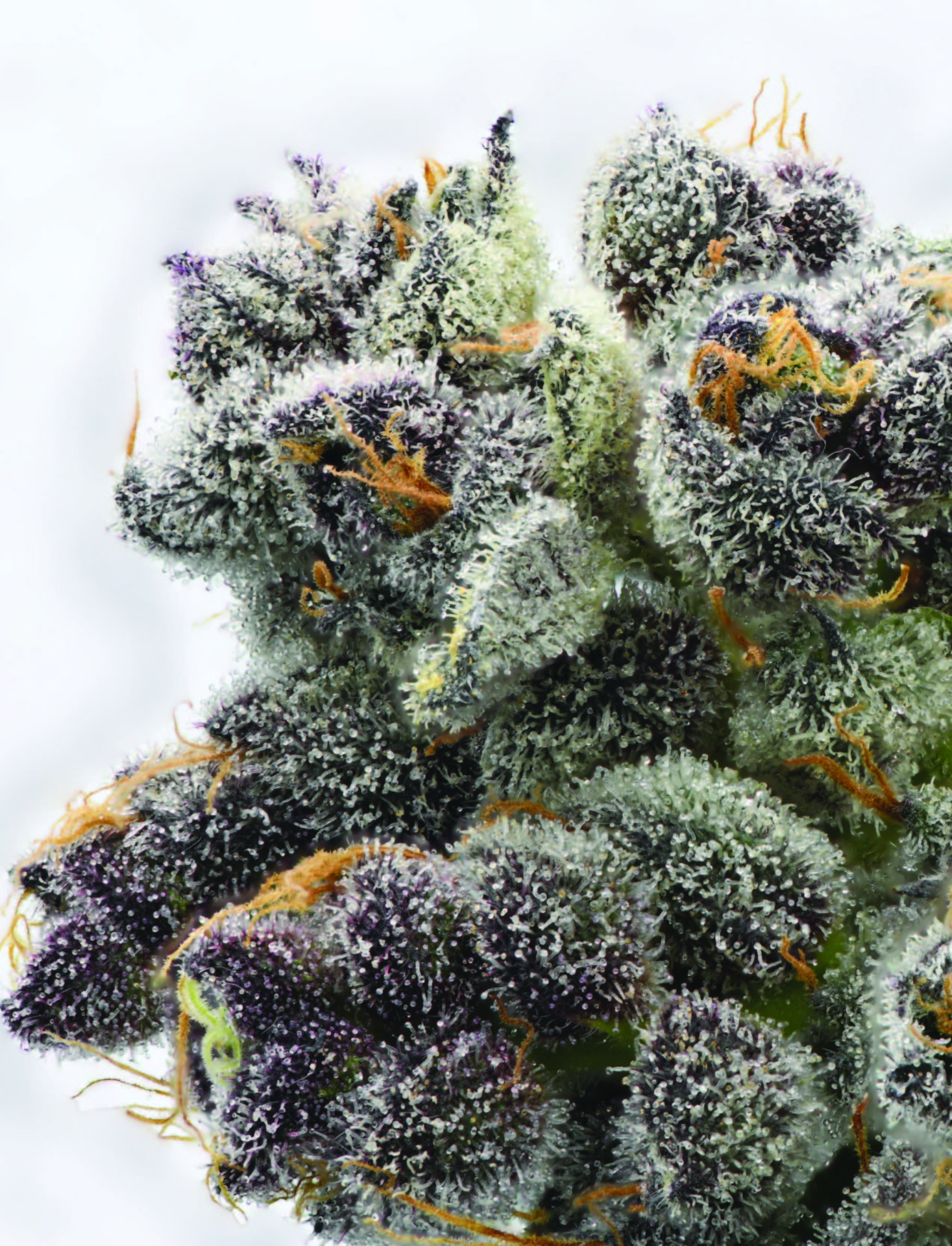
By Luis Corrales
Cannabis has certainly come a long way. It went from being an icon of the of the 1970’s counter-culture movement, a maligned drug through the 1980’s and 90’s, and now is a flourishing industry. It doesn’t get much more mainstream than Martha Stewart’s recent partnership with Canopy Growth to market a line of cannabis products with the well-being of pets and their owners in mind. While the pain-relieving benefits of cannabidiol, a non-intoxicating compound from the cannabis plant, have been publicized in the past it is only recently that interest has grown regarding the potential benefits of CBD to treat minor ailments affecting our beloved pets.
Pet owners are turning to CBD as pets are increasingly seen as a member of their family. The market for products to improve the health and well-being of pets has grown as pet owners are beginning to adopt a holistic approach to their pet’s health. One aspect of this trend is the rising popularity of organic and wholesome premium pet foods. Consequently, there is an interest in using natural and effective remedies in place of chemical-based pharmaceutical drugs for the various ailments affecting the animals that have become part of our daily lives. Just like humans, most pets also have an endocannabinoid system throughout their bodies. That is their bodies naturally produce substances that interact with cannabinoid receptors to regulate functions such as mood, appetite, and inflammation. Therefore, it is not surprising that new research has led to CBD products designed specifically for pets becoming widely available and popular among pet owners.
What Is CBD used for? Dogs are especially susceptible to mobility problems and arthritis as they age. The anti-inflammatory properties of CBD could be of-benefit for the hip and joint pain that afflict many dogs. Anxiety and depression are also common among dogs and cats. Dogs may become depressed or anxious when left alone for long periods of time or when they travel with their pet parents. Some pets also be22 KURPLE MAGAZINE 8.2 come anxious when they experience any changes in the household, including the addition of new pets or people, or loud sounds such as thunderstorms or traffic noise. While anti-depressant or anti-anxiety medications are often used to treat anxiety in pets these medications can cause excess sedation, in addition to other undesirable side effects. Common symptoms of anxiety in dogs include aggression, urinating or defecating in the house, drooling, panting, destructive behavior, depression, and panting. Such behaviors are often confused for other conditions.
As pets age, they may face other agerelated ailments such as cancer or autoimmune disorders. While not intended as a cure CBD supplements can certainly help alleviate symptoms such as pain, skin irritations, nausea, and lack of appetite that may accompany cancer treatment and various auto-immune diseases. It is important to note that the FDA has not verified the effects of CBD products on animals. It is advised that a veterinarian be consulted before using any CBD products on a pet. This is especially true if the pet is very old or young, or is taking any other medications or supplements. Be warned! CBD may interact with bloodthinning medications or any sedatives used to treat anxiety.
While dogs and cats are the most popular pets that receive CBD many CBD extracts are also safe to use on other animals kept as pets such as rabbits or horses. The calming effects of CBD can help soothe the naturally skittish behavior of rabbits and horses kept in noisy or urban environments. CBD’s anti-inflammatory effects can also help with the various joint and mobility issues that commonly affect horses.
When choosing a product remember CBD is sourced from hemp, a plant that has a tendency to absorb chemicals found in the environment. The process of extracting and refining the CBD tends increase the concentration of any contaminants found in the growing environment. Therefore, the methods used to grow and process the hemp used for CBD extraction must be stricter than hemp grown for the purposes of harvesting hemp fibers. The most reputable companies in the emerging CBD supplement market grow and harvest their own proprietary strains of hemp under strict conditions to ensure the purity, consistency, and potency of their products. Other companies source their hemp from organic farms located within the United States. Their products are usually tested by independent third-party laboratories that are ‘ISO-certified.’ This ensures that their product is safe to use by humans and their pets, and will be free of contaminants.
Since CBD and other cannabinoids are only soluble in lipids, a carrier oil must be used in order for the CBD to dissolve and be dosed appropriately. Although hempseed oil happens to be a logical and popular choice for CBD supplements used for humans, many pet-friendly CBD products opt for coconut oil instead. With coconut oil’s neutral taste and odor it is more palatable and is less likely to be rejected by finicky pets. Oils derived from sesame seed and hempseed can also be tough on the digestive tract of carnivores such as dogs and cats. Some supplements also use krill oil as a carrier in order to provide the benefits of omega-3 fatty acids and enhance the flavor of the product. Although many companies market their CBD products for the use of humans and pets do avoid using any topical products for humans on pets. Topical formulations intended for humans often include other ingredients such as eucalyptus, menthol, and other pain relievers that may be toxic to pets, especially if they are ingested. A quality topical product for pets should only contain coconut oil (or another edible carrier oil) and CBD to minimize the potential for toxicity if the pet happens to ingest the product. With these concerns in mind however pet owners should feel comfortable asking their veterinarians about CBD.


















